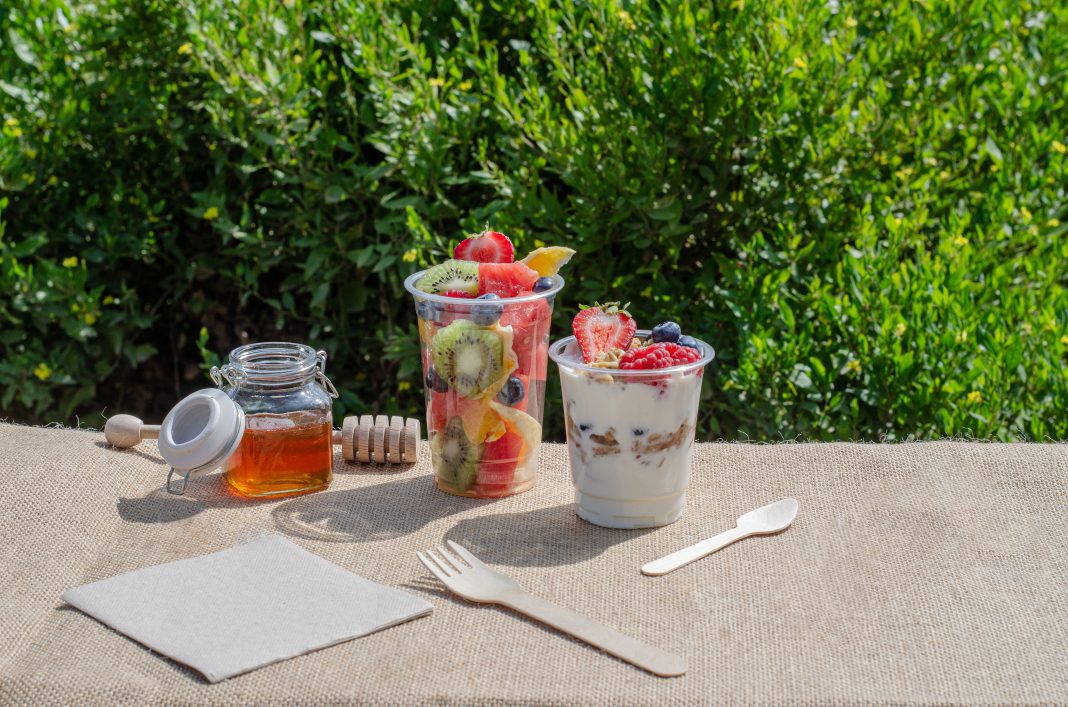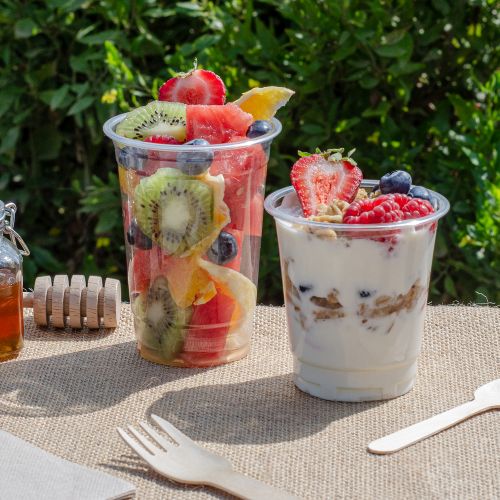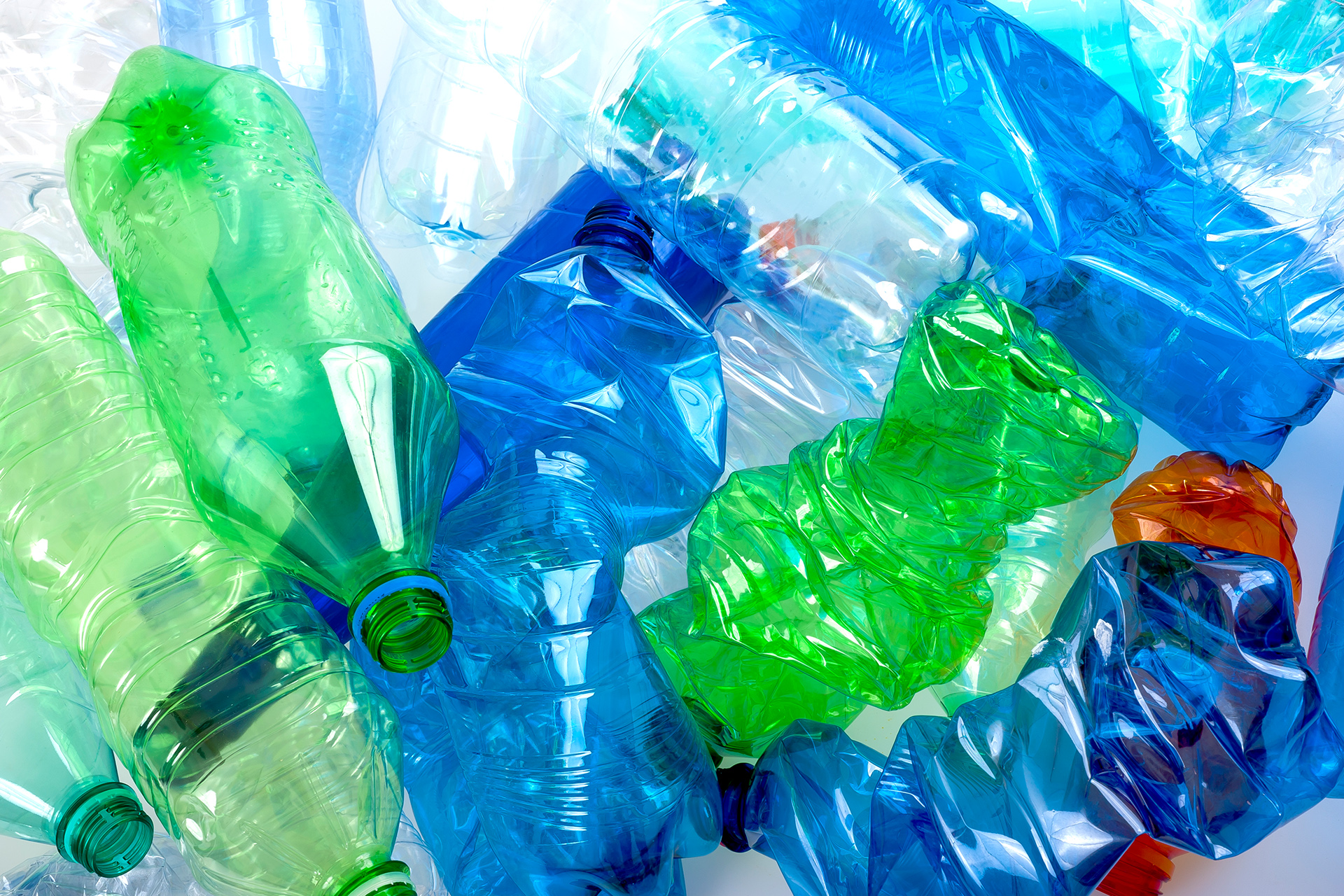The world produces around 350 million tonnes of plastic waste annually, with 0.5% of that finding its way into the ocean. That figure is one of the major reasons that both Australia and New Zealand continue to make strides to phase out problematic and single-use plastic – however, it’s important to note, that not all plastic is created equal.
Plastic, with its versatility, durability, and cost effectiveness, is deeply embedded in our everyday lives. With this in mind, investing in recyclable plastic alternatives can be pivotal to reducing plastic waste and help support the creation of a circular economy.
Australia took an important step with its Recycling and Waste Reduction Act in 2020, banning the export of unprocessed waste plastics overseas and introducing a 70% plastic recycling target by 2025. In New Zealand, certain hard-to-recycle plastics including polyvinyl chloride (PVC), polystyrene and EPS, as well as plastics containing prodegradant additives, have been banned.
In the wake of these legislation changes in both countries, we’ve seen the rise of polyethylene terephthalate (PET) and its recycled counterpart (rPET,) emerging as key circular economy players. Commonly used in packaging, textiles, bottles and containers, PET and rPET are lightweight, durable, versatile and recyclable materials – making them a great alternative to single-use plastic.
Produced by combining two elements derived from petroleum – ethylene glycol and terephthalic acid – PET and rPET can be tossed in the recycling bin and reborn multiple times without a significant loss of quality. Recycling plastic bottles also uses up to 76% less energy than sending plastic goods to landfills or manufacturing new products from scratch.
Locally manufactured PET also boasts the highest recycled content rate compared to other plastics. By utilising post-consumer and postindustrial waste, rPET minimises the need to extract and process raw materials, reducing demand for virgin plastics. PET’s recyclability also supports a closed-loop system, to help tackle our waste problem, and is a big part of why the New Zealand government now recommends PET as a more recyclable alternative to PVC.
While we may not be able to entirely escape the hold of plastic on our economy, we can do our bit to give post-consumer waste a second life and reduce the tide of plastic waste in our environment. As consumers are becoming more mindful of plastic consumption, businesses must adopt more sustainable practices to reduce their impact on the planet. Together, we can build a sustainable legacy for future generations.











